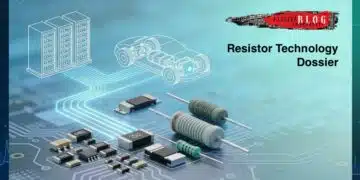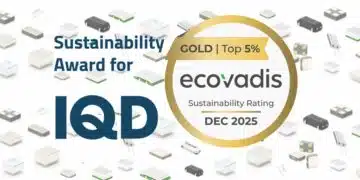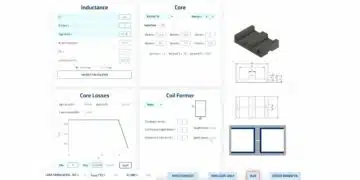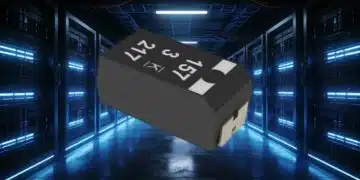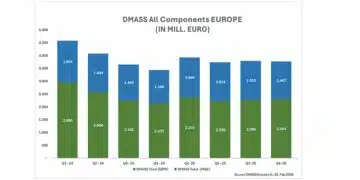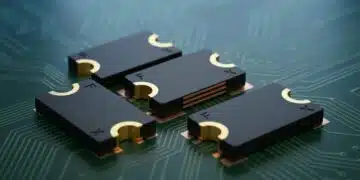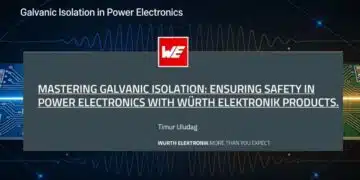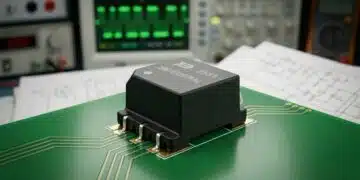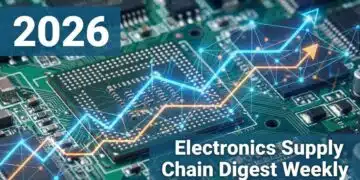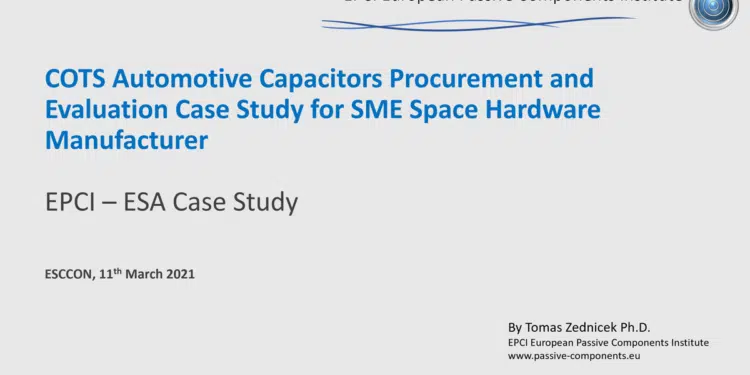There is an on-going interest from space industry to accommodate commercial EEE components in space systems. The attention is especially paid to automotive grade components that comply to AEC-Q200 automotive qualification standards. Capacitors are the most critical EEE passive components for space applications due to their various number of applications and performances’ reliability. EPCI was awarded a contract from ESA ESTEC to simulate procurement of automotive tantalum and ceramic capacitors by a SME space hardware company, evaluate the process and the parts stability after 168h ageing test.
The work objective was to procure batches of automotive and COTS/CECC non-aged graded tantalum and MLCC capacitors in order to verify the procurement documents and reliability data (with focus to SME-like potential customer) and to assess the percentage of early failure on unscreened batches of capacitors during 168hour ageing.
Procurement Summary
As results, the procurement process identified some weaknesses within the commercial automotive supply chain:
- SME are not generally supported directly by manufacturers and must rely on distributors support
- Source of product information and technical support through distribution channels is limited with number of errors such as wrong product description, wrong PN, electrical parameters specification or reference documents.
- AEC-Q200 documents are difficult to obtain through distribution, respectively customer service personnel are not clearly aware about the rules who is in charge providing these documents.
- Manufacturers can refuse to provide AEC-Q200 documents (confidentiality = linked to NDA or not supporting other than automotive use)
- AEC-Q200 documents were delivered from all three tantalum capacitor suppliers, however all three MLCC suppliers in this project refused to provide AEC-Q200 documents for space applications claiming no liability for use of automotive parts in space related applications.
- As positive, the on-line purchased capacitors were delivered within few working days.
COTS/CECC graded capacitors procurement remarks:
- Clear, traceable communication with distributor, regular delivery status update
- Capacitors were delivered including certificates of compliance
- Typical leadtime in range of 17weeks
168 Ageing Results
There were no failures observed during the evaluation test phase neither on COTS/CECC parts neither on commercial automotive parts. All tantalum and MLCC tested capacitors meet their specification limits after 168h ageing test.
The test quantity may not be reasonable to make a general conclusion, nevertheless, there were no significant issues with the robustness of automotive grade tantalum and MLCC capacitors and they performed well in the evaluation testing.
On the other hand, testing of the original COTS / CECC level suggests that these parts have a different component design focusing more on its reliability and robustness. This can be observed on lower shift of electrical parametric during the stress conditions and/or better recovery during ageing step on both tantalum and MLCC COTS/CECC graded capacitors.
168 ageing tests on MLCC capacitors showed a different behaviour on 10uF 25V X7R 1210 (high CV) parts versus conservative low CV design of 470nF 25V X7R MLCC capacitors. There was no real impact of the 168, 2xVr, 125C ageing test on 10uF 25V X7R 1210 MLCC capacitors, but some DCL improvement was measured on 470nF 25V 1210 X7R parts with significant CECC/COTS parts’ DCL stabilisation.
In general conclusion – based on study of electrical parametric shifts during the test, the 168h ageing test can be considered as an effective tool to improve the capacitors reliability level by parts stabilization after the board mounting stress. This is especially true on tantalum capacitors, where the test shows high effectiveness of the 168-ageing process to either self-heal or worsen parts’ DCL with potential of suspicious parts removal if statistical dynamic screening is used.
Downloads
Acknowledgement
The work described in this report was performed under ESA contract Contract N° 4000127269/19/NL/FE/hh with kind assistance of Dr. Denis Lacombe, ESA ESTEC


